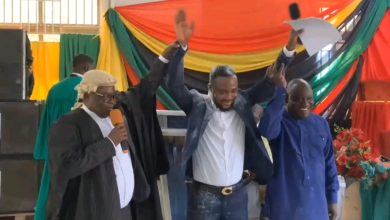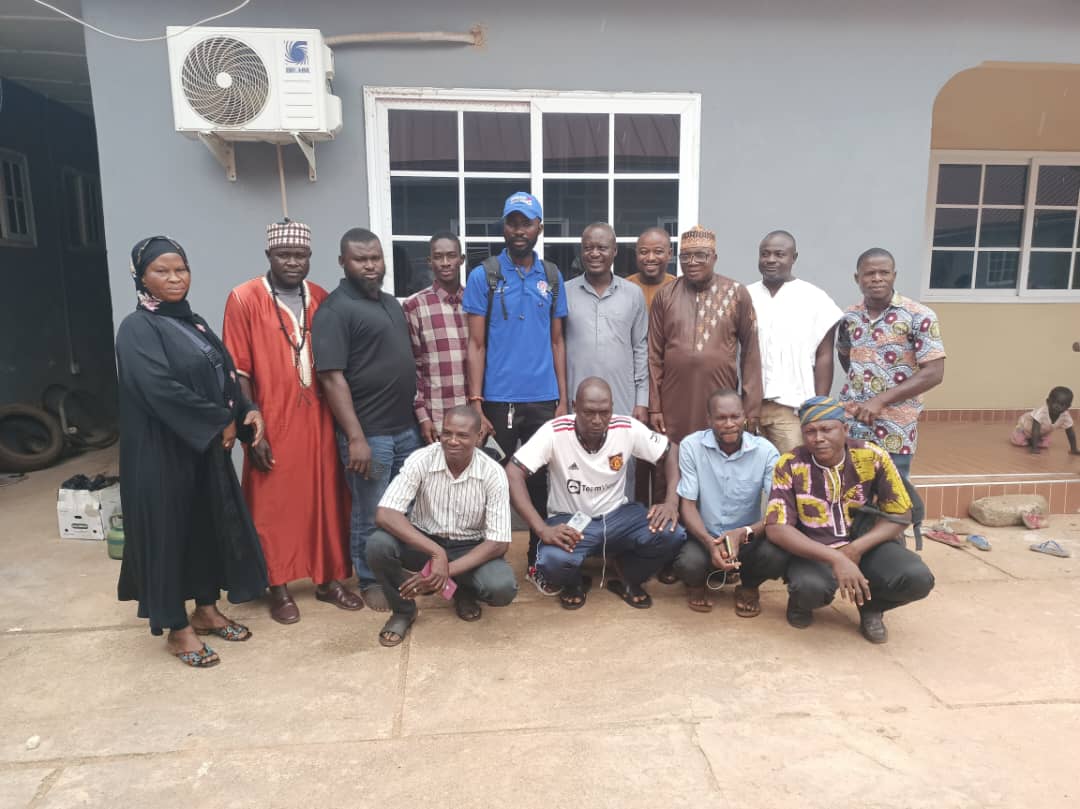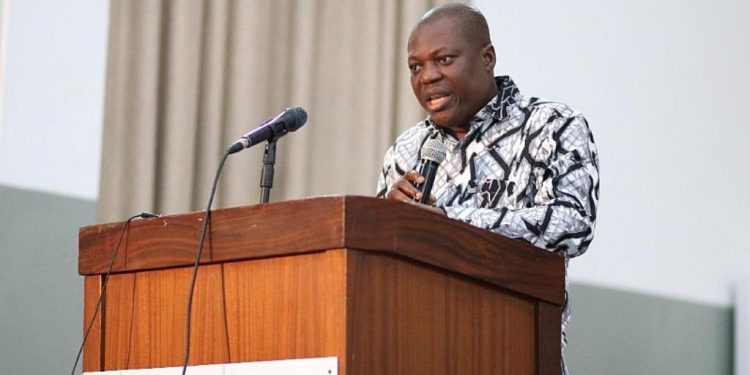Ghana Federation of Disability Organizations Holds Workshop to Strengthen Disability Inclusion in National and District Policies

The Ghana Federation of Disability Organizations (GFD) has reinforced its commitment to ensuring that Persons with Disabilities (PWDs) are actively included in the formulation of policies and decision-making processes at both national and district levels. On Tuesday, the Federation convened a capacity-building workshop at SG Mall, Kumasi, bringing together policymakers from diverse sectors and administrative levels to enhance their understanding and application of disability-inclusive practices.

The workshop forms part of a three-year European Union-funded project implemented by GFD in partnership with the Mental Health Society of Ghana (MEHSOG) and the Africa Disability Institute (ADI). The initiative is designed to build the capacity of policymakers to incorporate disability inclusion into critical areas such as education, employment, and health, while promoting the development of governance structures that are fully inclusive of PWDs.

Speaking to journalists at the event, Doris Ndebugri, Programs Manager at GFD, emphasized the urgent need for PWDs to be active participants in governance rather than passive consultees. “Usually, what we see is that we are only consulted for certain things, but we are not brought into the actual participation to effectively offer our contributions,” she said.
Ms. Ndebugri stressed that PWDs should have the opportunity to represent themselves in all matters affecting their lives. “On many occasions, people speak on behalf of Persons with Disabilities. What we are saying is that there should be nothing about us without us. We need to be included and allowed to speak for ourselves because we have the experience and we know what we go through,” she added.

Highlighting past challenges, Ms. Ndebugri cited the formulation of the Affirmative Action Bill as an instance where the lack of meaningful disability inclusion led to gaps that GFD later worked to rectify.

Echoing her remarks, Evans Oheneba Mensah, Project Officer at GFD, observed that PWDs are frequently excluded from mainstream governance and policy discussions. “We have realized that Persons with Disabilities are not actually made part of governance. They are excluded from mainstream governance issues, hence the need for these capacity-building programs to facilitate their inclusion,” he stated.

The project aims to strengthen the institutional capacity of GFD and 16 other Organizations of Persons with Disabilities (OPDs) to advocate effectively for the rights and inclusion of PWDs across Ghana. Key components include targeted capacity-building programs for policymakers and OPDs, strengthening advocacy initiatives to influence policy decisions, conducting a baseline study on OPD capacities, and ensuring that PWDs’ voices are integrated into policy development and decision-making processes.

Through this initiative, GFD and its partners hope that, by the end of the project, stakeholders at all levels of governance will have developed a deeper understanding and appreciation of disability inclusion. This is expected to translate into concrete policy reforms that reflect the lived experiences, needs, and perspectives of PWDs, in line with Ghana’s commitment to the UN Convention on the Rights of Persons with Disabilities (CRPD).
For further information, stakeholders and media representatives can contact the Ghana Federation of Disability Organizations at:
Phone: 024-XXXXXXX | 020-XXXXXXX
Email: info@gfd.org.gh





